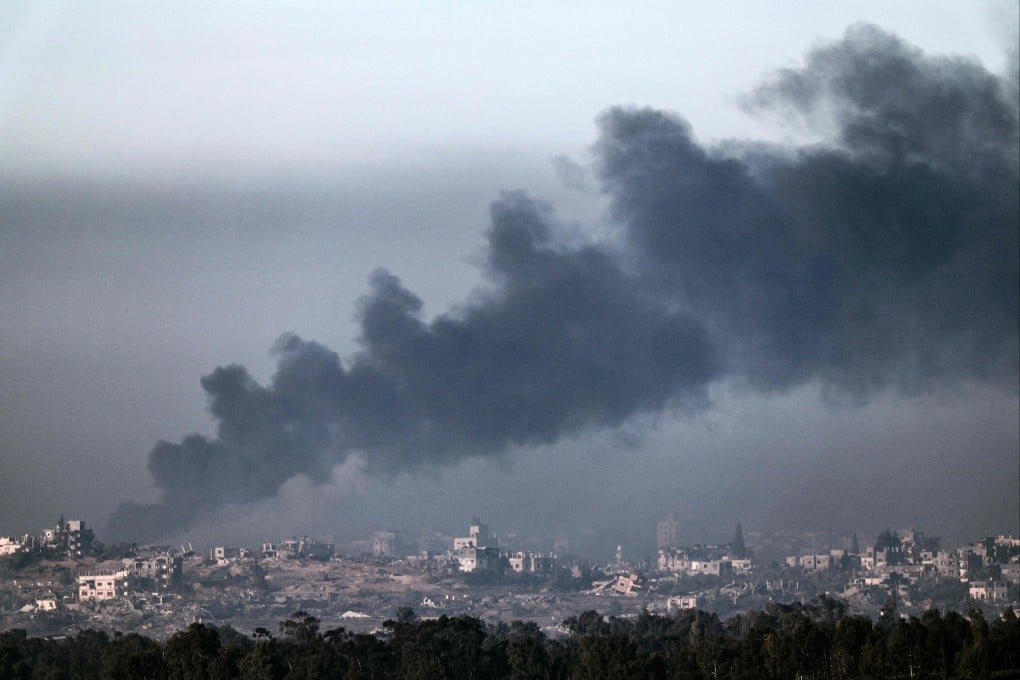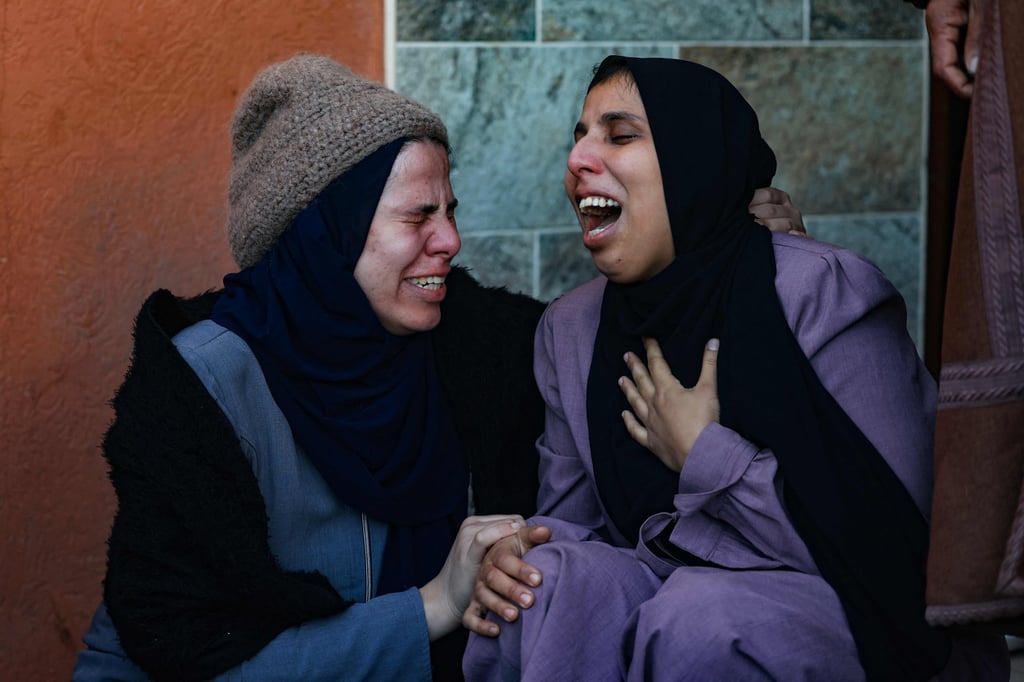Asian Angle | Will 2024 be the year to rein in the military-industrial complex, the biggest threat to global peace?
- The complex, a key part of US political economy, fuels geopolitical tensions and enables countries and private actors to push for and capitalise on conflict
- It’s time for societies to make concerted efforts to rein it in and build a movement to educate the world about the grave threat it poses to civilisation

The headline of a Financial Times article on December 28, 2023 seemed to be a wild celebration that global defence order books were bulging as budgets were on a war footing. It outlined that US$760 billion of hardware was in the pipeline, with rising tensions feeding demand, and that investors were piling into stocks.
The analysis painted an upbeat and positive outlook, rather than argue that this is a cause for grave concern. Nowhere in the report was there an examination of the travesty underpinning these developments. It is clearly business as usual despite growing tensions in the world and thus normal to talk about rising military stocks as if these are sanitisers in demand during an epidemic.
How did this normalisation of the business of war and the accompanying economic perversions come about?

One can go back to January 1961 when US President Dwight D. Eisenhower popularised the term “military-industrial complex” (MIC) during his farewell address. Eisenhower, a five-star general during World War II, was intimately familiar with the military.
Eisenhower’s MIC warning was not just about the arms race or military spending; it was about the potential for a small group to exert extreme influence over national policy, undermining democratic processes and priorities. This is where we are now but it has expanded around the world and co-opted unlikely suspects including much of the global media.
And this is because his warning was hardly taken seriously. Instead, the MIC was termed the stuff of conspiracy theories and the deluded narrative of lefties and peaceniks.
Until now, over 50 years later, when discussion on the MIC has – at last – moved into the mainstream.

